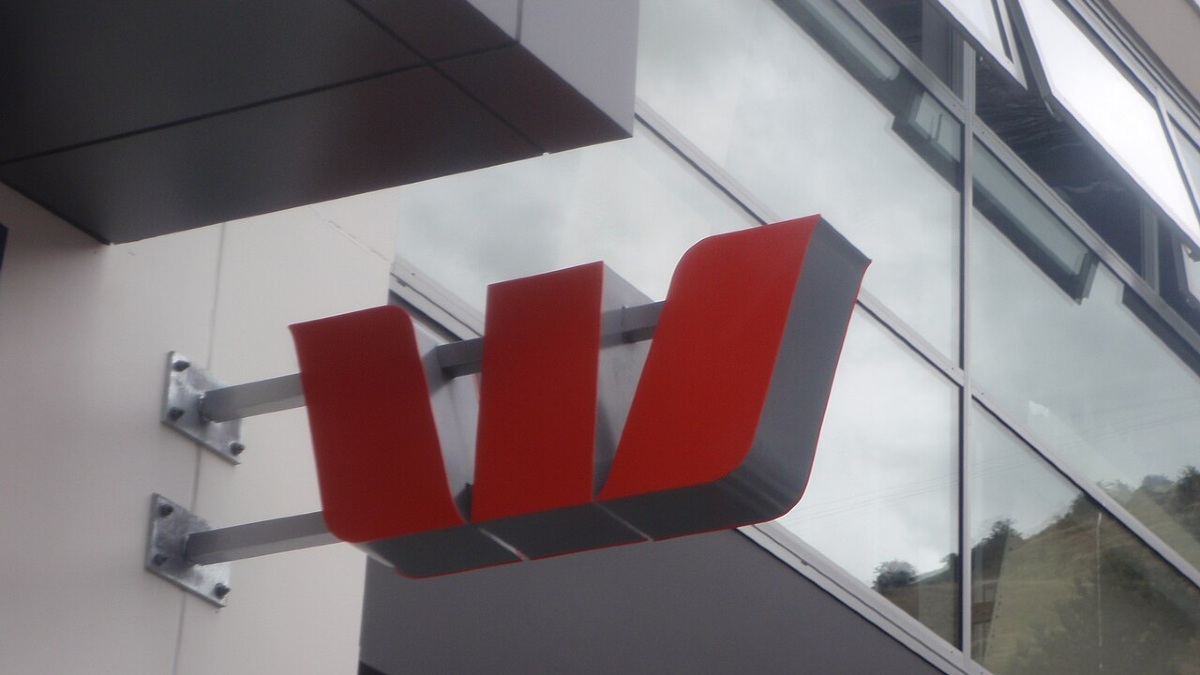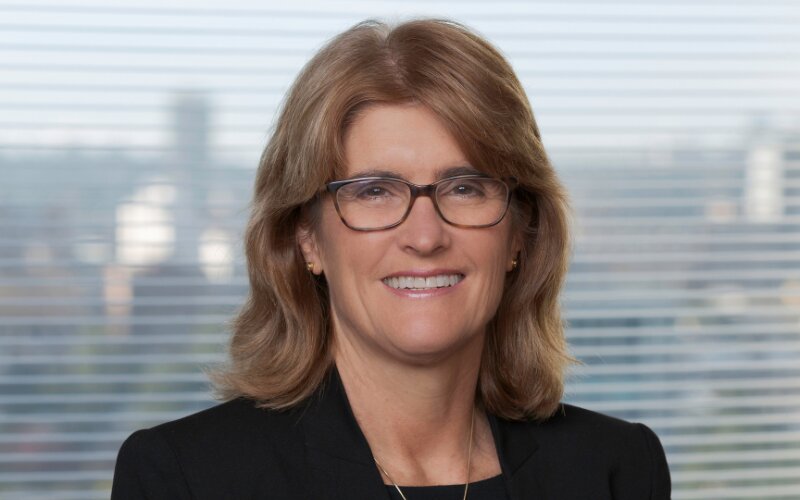While it's not expected the Reserve Bank will hike the cash rate at this meeting, Westpac has the tip at August followed by a further hike in October.
CommBank forecasts similar, while ANZ and NAB have pencilled-in some later dates.
ANZ head of Australian economics David Plank said the Reserve Bank's cash rate could 'start with a 3' earlier than expected.
"In our view, there is a very good chance the end-point for the coming tightening cycle will be higher than this. Something with a '3' handle is not out of the question," Mr Plank said.
"The market is pricing a cash rate of more than 1% by the end of 2022. This rises to above 2% by early 2024."
The RBA's last rate hike was in November 2010.
Many lenders have already responded by increasing home loan rates, particularly fixed rates.
In the past few days, one lender committed seppuku on its 5-year fixed investment loan, increasing it by a whopping 240 basis points in one hit - an effective doubling of the interest rate, sending a signal to say, "Don't bother with this home loan".
Further analysis:
There's a SOMP in my swamp
The last time the RBA released its Statement of Monetary Policy, or SOMP, was November.
The next one will be on 4 February, and Westpac chief economist Bill Evans said it will be an enlightening one.
"As we now know, the data flow is no longer consistent with the forecasts in the November Statement on Monetary Policy," Mr Evans said.
The SOMP basically outlines the Bank's justification for monetary policy decisions and the cash rate based on a few economic forecasts such as GDP, unemployment, inflation, wages growth and so on.
RBA Governor Dr Philip Lowe has repeatedly maintained the Bank would need to see underlying inflation consistently in the 2-3% band, the unemployment rate in the low-4s, and wages growth around 3% to hike the cash rate.
This is something the RBA previously had not forecast until late 2023 or 2024.
However, most of that is happening now to some degree - the only one with question marks is wages growth with borders and low migration playing silly buggers.
- The unemployment rate is the lowest since 2008.
- Annualised inflation has been over 3% for three quarters, and underlying inflation is within the 2-3% band.
CBA head of Australian economics Gareth Aird said the RBA has repeatedly missed the mark on inflation by a "significant margin".
"The latest data on consumer prices in Australia indicates that inflationary pressures have emerged quickly and sharply over the past six months - very much in contrast to the RBA’s 'gradually' narrative," Mr Aird said.
"Indeed they went out of their way to argue why the inflation dynamics would be different in Australia compared to many other comparable countries where inflation has risen significantly."
More on global happenings later.
Mr Aird, among other economists, expects the RBA to revise its forecasts in next week's board meeting and SOMP.
"We think that ultimately the RBA's new updated forecasts will still miss the mark and we expect two strong wages prints coupled with core inflation above 3.5% by mid-2022 to be the catalyst for a first hike in the cash rate in August 2022," he said.
Westpac's Bill Evans also pointed to the same promising economic data.
"Last week, after Westpac published its revised cash rate view, the unemployment rate printed at 4.2% for December - down from 4.6%," he said.
"And, of course, on Tuesday annual underlying inflation - trimmed mean - printed 2.6% for 2021, including a 1% rise in the December quarter.
"That result means that the Bank has achieved its inflation target for underlying inflation for the first time since 2014."
Impact of RBA rate hikes
Housing
Bankers and economists generally opine that while cash rate hikes could 'cool' the market, existing Australian homeowners are well-placed to tackle it head-on.
"Relative to income, overall household credit is only a little bit higher than it was prior to the GFC," ANZ's David Plank said.
"What’s more, if household deposits are taken into account then the net household credit-to-income ratio is lower than it was in the mid-2000s."
Through the pandemic, household savings ratios climbed to their highest levels since 1974, and still remain elevated.
"Even a cash rate of just over 2% by early 2024 isn’t enough to push aggregate household interest payments above the long-run average," Mr Plank said.
In late November, SQM Research demonstrated in a 'baseline scenario' it could see property prices fall 2% in Sydney and 3% in Melbourne even with the cash rate left unchanged.
CBA said property prices could fall up to 10% by 2023, which led Propertyology head of research Simon Pressley to call the major banks a "bunch of negative sooks".
"Australia is fast approaching full unemployment for the first time in decades, wage growth prospects are rising with it, infrastructure investment is a record high, there's lots of industry stimulus, and households have more cash squirrelled away than ever. Why the negativity?" Mr Pressley told Savings.com.au in November 2021.
Shares
Mr Plank said any RBA tightening could impact asset prices, and yesterday the ASX 200 was at its lowest point in more than six months.
"2022 is shaping up as a very challenging year for financial markets," he said.
Wealth Within chief analyst Dale Gillham echoed similar.
"With the Australian stock market falling over the last few weeks, there has been a lot of talk around consumer confidence and inflation as the possible causes," Mr Gillham said.
"I believe we have seen the majority of the fall in price and while the down move may last another few weeks, the All Ordinaries Index is unlikely to fall much below 6,800 points.
"Many investors are worried about the market right now, so I want to be clear that I do not believe it will crash this year."
eToro global markets strategist Ben Laidler said many 'DIY' investors are turning to more 'stable', blue-chip companies.
"With inflation, the state of home economies and international conflict all rising concerns for investors, there was always likely to be some adjustment," Mr Laidler said.
"Ultimately no one has a better handle on the situation 'on the ground' than an everyday investor who has to go to the supermarket to buy groceries or fill their car with fuel.
"The same logic extends to continued confidence in tech stocks such as Microsoft and Apple.
"These companies are used by everyone, every day, making them 'defensive tech' stocks which people believe will continue to be used even if the global economy is struggling."
You gotta diversify ya bonds
While the cash rate is the hot girlfriend that gets all the headlines, the RBA's bond purchasing program is also an important indicator as to what the boffins at the Bank are truly thinking.
In November the RBA did not commit to purchasing April 2024 Australian Government bonds.
This had various financial eggheads in a frenzy.
While the major and institutional banks have different tips on the cash rate hike, most agree as to when the RBA will wind back its bond purchasing program.
Many economists think this will be wound back entirely from February.
It's been buying up to $4 to $5 billion worth of Australian and state government bonds per week for nearly two years, which has given the Federal Government around $350 billion to play with.
Such generous money-giving has implications on households through indirectly affecting banks' home loan rates, while also boosting inflation.
When the US sneezes... and a look across the detch
We need to look at some of our closest allies - the United States and New Zealand.
Murca
US inflation has been running hot for more than six months now - over 5% since May, hitting 7% in December.
It's widely tipped the US central bank - 'the Fed' - could hike its cash rate as early as March.
This could cause rumblings here according to Mr Plank.
"The most important global player, the US Fed, is shifting in a direction that will be supportive of a higher peak in the RBA cash rate," he said.
"If the Fed pushes its funds rate into the 2s then it becomes even easier for the RBA to do so.
"And if global policy settings need to move into restrictive territory then the way is open for the RBA to take the cash rate into the 3s."
Land of the long white cloud
While less impactful than the United States, it's useful looking at what's happening in Aotearoa from time to time.
New Zealand's annualised inflation for the December quarter hit 5.9%, while ANZ forecasts a 3% unemployment rate with data released next week.
The Reserve Bank of New Zealand hiked its cash rate by a total of 50 basis points in 2021 - 25 points in October and 25 in November.
It now sits at 0.75%, while ours sits at 0.10%.
Inflation data suggests the RBNZ will hike further to rein it in, and ANZ bank suggests it could be 3% by April 2023.
"Inflation is too strong, and it’s seeping into every corner of the economy," Kiwi ANZ economists said.
"Continued action is needed by the RBNZ to bring inflation back in line with their target ... that will require ongoing - and painful for some - rate rises even in a slowing economy."
Advertisement
Buying a home or looking to refinance? The table below features home loans with some of the lowest interest rates on the market for owner occupiers.
| Lender | Home Loan | Interest Rate | Comparison Rate* | Monthly Repayment | Repayment type | Rate Type | Offset | Redraw | Ongoing Fees | Upfront Fees | Max LVR | Lump Sum Repayment | Additional Repayments | Split Loan Option | Tags | Row Tags | Features | Link | Compare | Promoted Product | Disclosure |
|---|---|---|---|---|---|---|---|---|---|---|---|---|---|---|---|---|---|---|---|---|---|
5.79% p.a. | 5.83% p.a. | $2,931 | Principal & Interest | Variable | $0 | $530 | 90% |
| Promoted | Disclosure | |||||||||||
5.74% p.a. | 5.65% p.a. | $2,915 | Principal & Interest | Variable | $0 | $0 | 80% |
| Promoted | Disclosure | |||||||||||
5.84% p.a. | 6.08% p.a. | $2,947 | Principal & Interest | Variable | $250 | $250 | 60% |
| Promoted | Disclosure |
Graphic by KELLEPICS on Pixabay

Ready, Set, Buy!
Learn everything you need to know about buying property – from choosing the right property and home loan, to the purchasing process, tips to save money and more!
With bonus Q&A sheet and Crossword!






 Denise Raward
Denise Raward


 Harrison Astbury
Harrison Astbury


